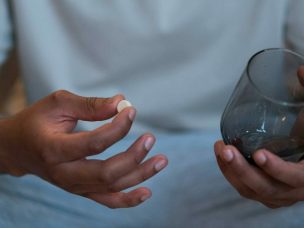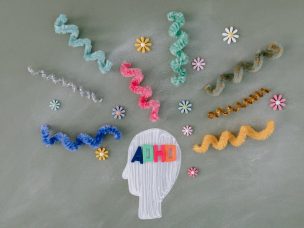The Test of Variables of Attention (TOVA) is a gold-standard continuous performance test for ADHD that assesses the ability to sustain attention and inhibit impulsivity. This study, published in Eneuro, uses this test alongside EEG studies to understand cortical activity in adults with ADHD, aged 18-60. The study used a 128-channel EEG and included 53 adults with ADHD, of which 28 were female and 25 were male, and 18 neurotypical controls.
The researchers analyzed sensor-space features as correlates of attention, looking at timing-sensitivity and phase-synchrony of response activations and event-related desynchronization in frontal and parietal scalp regions.
Ultimately, it was found that TOVA results varied significantly between patients with ADHD and controls. Moreover, patients with ADHD exhibited significantly weaker target-locked and response-locked amplitudes, weaker phase synchrony (i.e., longer reset poststimulus), and significant differences in parietal and frontal prestimulus and poststimulus event-related desynchronization values.
The researchers suggest that these differences may result from excessive modulation of endogenous activity by strong entrainment to stimulus and deficient modulation by neural entrainment to task. They conclude that adults with ADHD may have impaired attention sampling in relational categorization tasks, but additional research is needed in this area to confirm these findings [1].
Source:
[1] Cowley, B. U., Juurmaa, K., & Palomäki, J. (2021). Reduced power in fronto-parietal theta EEG linked to impaired attention-sampling in adult ADHD. Eneuro, 9(1), ENEURO.0028-21.2021. https://doi.org/10.1523/eneuro.0028-21.2021










